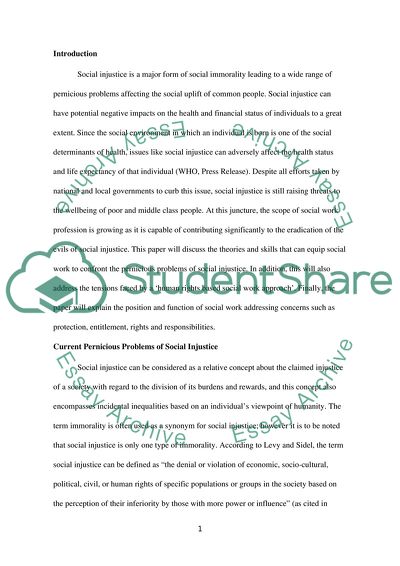Cite this document
(“How Social Work Practice Utilises Its Knowledge and Skills Dissertation”, n.d.)
How Social Work Practice Utilises Its Knowledge and Skills Dissertation. Retrieved from https://studentshare.org/social-science/1857235-provide-a-critical-analysis-of-how-social-work-practice-utilising-its-knowledge-base-and-skills-should-function-to-confront-the-pernicious-problems-of-social-injustice
How Social Work Practice Utilises Its Knowledge and Skills Dissertation. Retrieved from https://studentshare.org/social-science/1857235-provide-a-critical-analysis-of-how-social-work-practice-utilising-its-knowledge-base-and-skills-should-function-to-confront-the-pernicious-problems-of-social-injustice
(How Social Work Practice Utilises Its Knowledge and Skills Dissertation)
How Social Work Practice Utilises Its Knowledge and Skills Dissertation. https://studentshare.org/social-science/1857235-provide-a-critical-analysis-of-how-social-work-practice-utilising-its-knowledge-base-and-skills-should-function-to-confront-the-pernicious-problems-of-social-injustice.
How Social Work Practice Utilises Its Knowledge and Skills Dissertation. https://studentshare.org/social-science/1857235-provide-a-critical-analysis-of-how-social-work-practice-utilising-its-knowledge-base-and-skills-should-function-to-confront-the-pernicious-problems-of-social-injustice.
“How Social Work Practice Utilises Its Knowledge and Skills Dissertation”, n.d. https://studentshare.org/social-science/1857235-provide-a-critical-analysis-of-how-social-work-practice-utilising-its-knowledge-base-and-skills-should-function-to-confront-the-pernicious-problems-of-social-injustice.


